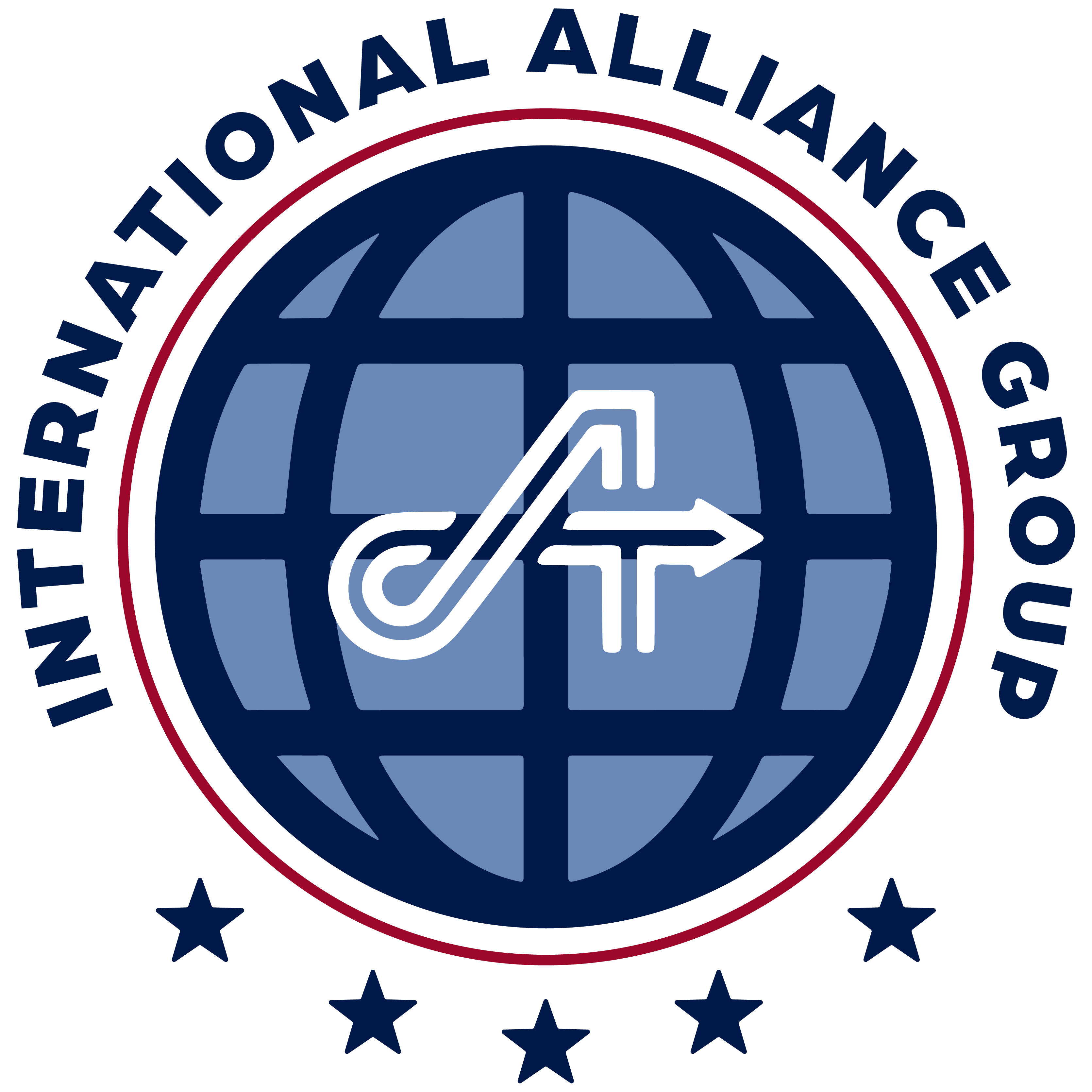Nursing practices in the USA and Mexico reflect the distinct healthcare systems, educational standards, and cultural contexts of each country. Here’s a comparison highlighting key differences and similarities:
Education and Training
USA:
- Educational Pathways: Nurses in the USA typically have multiple educational pathways including associate degree in nursing (ADN), Bachelor of Science in Nursing (BSN), and advanced degrees such as Master of Science in Nursing (MSN) or Doctor of Nursing Practice (DNP).
- Licensing: Nurses must pass the NCLEX-RN (National Council Licensure Examination for Registered Nurses) to obtain licensure.
- Specialization: There are numerous opportunities for specialization, including advanced practice roles such as Nurse Practitioners (NPs), Clinical Nurse Specialists (CNSs), and Nurse Anesthetists (CRNAs).
México:
- Educational Pathways: Nurses in Mexico generally complete a nursing degree from a recognized institution, such as a university or technical school. The educational system might focus more on basic nursing skills and less on advanced specialization.
- Licensing: Mexican nurses need to obtain certification from the Mexican National Nursing and Obstetric Association (AMNEO) or equivalent regional bodies.
- Specialization: Specialization opportunities exist but are less extensive compared to the USA. Advanced roles and continuing education may be less prevalent.
Scope of Practice
USA:
- Cultural Diversity: The USA is culturally diverse, and nurses are trained to provide culturally competent care to a wide range of patient populations.
- Healthcare System: The healthcare system is complex with a mix of public and private insurance, impacting access to care and resources.
México:
- Cultural Context: Mexican culture emphasizes family involvement in healthcare and traditional practices, which can influence nursing care.
- Healthcare System: The public healthcare system (IMSS and ISSSTE) provides coverage for many citizens, but there are disparities in access and quality between public and private sectors.
Professional Development
USA:
- Continuing Education: There are robust opportunities for continuing education and professional development, with many resources for ongoing learning and specialization.
Mexico:
- Professional Development: While there are opportunities for continuing education, access to resources and training may be more limited compared to the USA.
Overall, while both countries share the fundamental goal of providing quality patient care, the differences in education, scope of practice, work environment, and cultural factors highlight the unique challenges and opportunities faced by nurses in each country.
Advantages of working as a nurse in the US
- Higher Salaries and Benefits:
- Nurses in the US generally earn higher salaries compared to many other countries. Benefits often include health insurance, retirement plans, and paid time off.
- Advanced Training and Specialization:
- The US offers extensive opportunities for advanced practice roles (e.g., Nurse Practitioners, Clinical Nurse Specialists) and specialization in various fields. There are also numerous professional development and continuing education options.
- Modern Facilities and Technology:
- Many healthcare facilities in the US are well-equipped with advanced technology and resources, which can enhance the quality of care and support professional practice.
- Autonomy and Scope of Practice:
- Nurses in the US often have a high level of autonomy, especially in states with full practice regulations for advanced practice nurses. This allows for greater independence in clinical decision-making.
- Diverse Work Environments:
- The US healthcare system includes a wide range of settings, from urban hospitals to rural clinics, offering a variety of work environments and opportunities.
- Professional Support:
- There is a strong network of professional organizations and support systems for nurses, providing resources, advocacy, and community.
Considerations and potential Challenges
- Cost of Living:
- The cost of living in the US can be high, particularly in major metropolitan areas. This may impact the overall financial benefit despite higher salaries.
- Workload and Stress:
- Nurses in the US may face high workloads and stress, contributing to issues like burnout. The demands of the job can be significant.
- Healthcare System Complexity:
- The US healthcare system is complex, with variations in insurance coverage, access to care, and administrative processes that can impact job satisfaction and patient care.
- Work-Life Balance:
- The work-life balance can vary depending on the healthcare setting and shift patterns, which may be challenging for some individuals.
- Licensing and Certification:
- International nurses may need to go through a process of credentialing and obtaining licensure in the US, which can be time-consuming and costly.
Personal and cultural Factors
- Cultural Fit: Consider if you are comfortable with the cultural and professional norms in the US. The work culture, patient interactions, and professional expectations might differ from those in other countries.
- Career Goals: Evaluate how the opportunities for professional growth, specialization, and advancement align with your career goals.
In summary, working as a nurse in the US can offer substantial benefits such as higher salaries, advanced training, and greater autonomy, but it also comes with its own set of challenges. The best choice depends on individual priorities, career aspirations, and personal circumstances.
Unlock new opportunities and advance your nursing career in the United States. Apply with us here and explore your potential as an international nurse!
This blog was written by Global Workforce Development, powered by IAG, an organization dedicated to creating international job opportunities for professionals.

